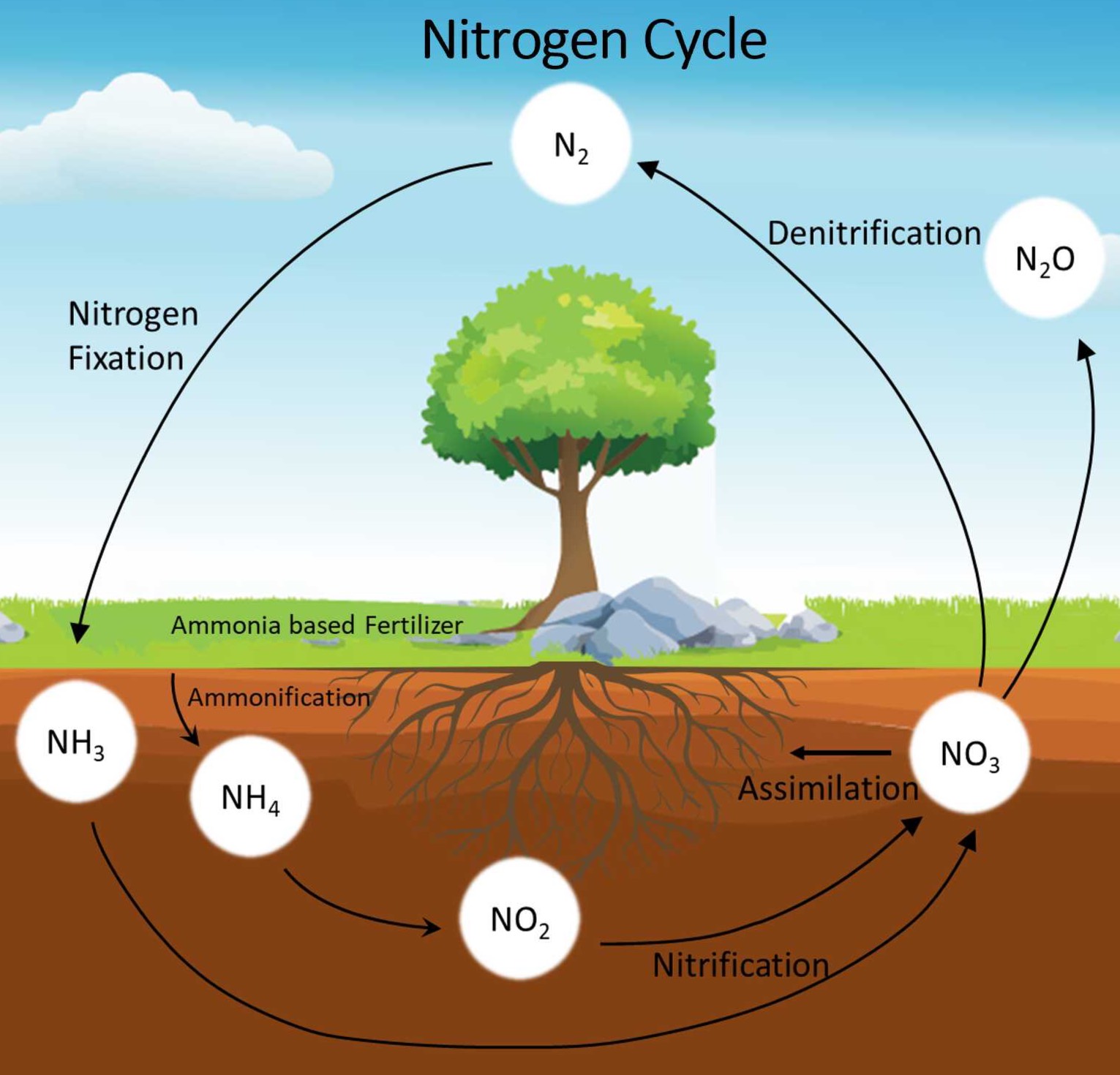Environmental Sciences
Biological nitrification inhibitor (BNI) Research
Agriculture plays a crucial role in the economy, contributing 5.2% to the U.S. gross domestic product, which was approximately $1.109 trillion in 2019. However, it is essential to recognize that the agricultural sector is responsible for about 19-29% of global greenhouse gas emissions, with approximately 35% of emissions in Kansas originating from this sector. Additionally, agriculture is the largest source of non-CO2 greenhouse gases, such as methane (CH4) and nitrous oxide (N2O), accounting for 56% of total global emissions of these gases. The global center is focused on developing solutions to detect greenhouse gases from agriculture while also finding innovative ways to mitigate these emissions at their source.

Our group of researchers focus on this BNI technology as a Nitrous oxide mitigation strategy through the detailed study of the areas mentioned below:
- Genome-wide association study (GWAS) of maize accessions to identify the genetic basis for BNI production.
- Optimizing a high-throughput BNI-screening protocol using plant cell cultures
- Examine the effects of BNI on GHG emissions using column reactors.
- BNI's role in constructed ecosystems like wetlands